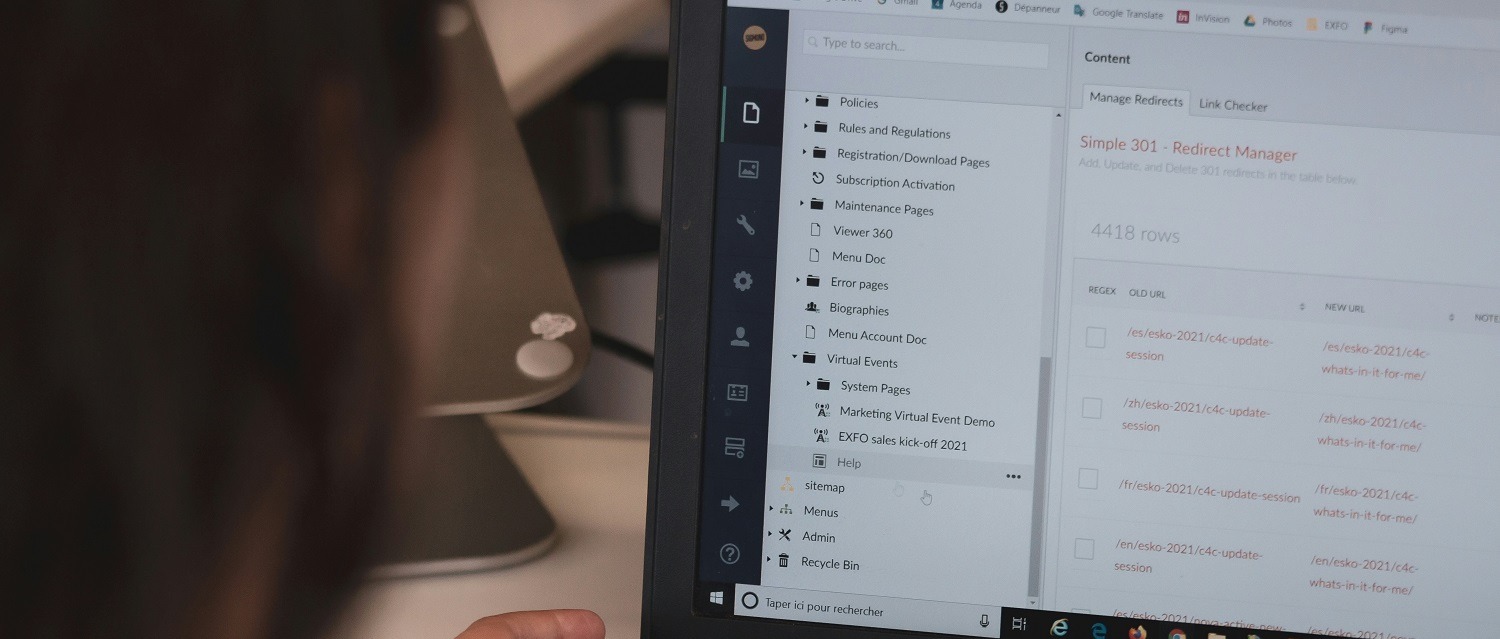It’s been more than 6 years since I’ve taken my very first step into the software testing field. As an MBA graduate with almost no perspective in the business world, I’ve made the best decision by investing all the necessary effort to get into the IT industry. Having no previous experience with programming languages, algorithms, and basically an IT mindset, I’ve seen the light at the end of the professional tunnel – Manual testing being the most accessible path into this journey.
From Junior to Senior Tester
The time has passed – from a Junior to a Senior Tester – and I’ve seen a lot of changes and faced a lot of challenges down the road. My path has moved from just keeping up with new technology to trying to be more useful in the constantly changing world of IT. Therefore, I had to keep myself updated and relevant and enhance my skills: automation testing was the next phase, the new and unexplored highway.
First stop: IT, manual testing 5th Avenue
This early stage set the foundation on which all the gained knowledge has been built. It all started with bug hunting and reporting. The next step was actually understanding what a properly implemented software/application is and how it should behave according to the user’s expectations. What followed then was proposing necessary improvements and so many other important aspects. Writing test cases to cover as many scenarios as possible was one of the most amazing activities. But as the projects got bigger and more complicated, the limits of manual testing became clear, especially with the need for faster release times. That’s when I realized I needed to grow and bring more to my role in IT.
Next stop: automation testing highway
Switching to automation testing was necessary and a strategic decision. It meant learning a lot of new things, like automation frameworks, programming languages like Java, and tools such as Selenium and Jenkins. This wasn’t just about learning new skills; it was a big change in how I approached testing. The manual tester’s mindset, which focuses on control and observation, had to adopt automation’s particularities, which value efficiency and scalability.
Effort and reward – the benefits of automation
As I got better at automation testing, the benefits became clear:
- Increased Efficiency and Productivity: I could run tests faster and more often, testing more features in less time.
- Higher Accuracy and Consistency: Automated testing reduces human errors in repetitive tasks.
- Better Coverage and Quality: Automation allows for more comprehensive testing with each build, improving software quality.
A balanced approach
I learned that enhancing my professional side and also being valuable in IT isn’t about choosing between manual and automation testing but about using both effectively. While automation increases efficiency, manual testing is still important for usability and exploratory testing, where human judgment is crucial.
Keeping my career’s GPS updated
The IT as a whole and testing fields (in particular) are constantly changing, with new tools and methods released on the market all the time. To stay relevant, I’ve focused on continuous learning, taking courses, attending webinars, and keeping up with the latest trends.
Career growth
Moving into automation testing not only expanded my skills but also helped my career. It allowed me to be part of strategic decisions about testing methods and project activities. Adapting to new technology has been key to adding value within an IT organization.
The future of testing
Looking ahead, AI and Machine Learning have already started to create revolutionary and technological bridges. The testing field is no longer the same as it was 6-7 years ago. Hence, it is highly important to keep learning, to anticipate the needs and to be ready for these new times, these changes.
A message to my fellow testers
It may be overwhelming at the beginning; however, if you are comfortable with only manual testing, it’s TIME to start moving toward automation. It’s a challenging yet necessary, very important, and rewarding change for your career.
An open question
As technology keeps advancing and AI becomes increasingly dominant, I’m curious about what the future of software testing will look like in the next decade. How can we, as testers, stay valuable in a more automated world? I invite you to think about this and share your thoughts. How are you preparing for the changes in IT, and what are you doing to keep growing professionally? How do you remain a valuable and indispensable asset in the IT market and within your organization?
By Vlad Stegaru
Senior QA Engineer & Scrum Master

Banner by Sigmund on Unsplash.
STAY TUNED
Subscribe to our newsletter today and get regular updates on customer cases, blog posts, best practices and events.











